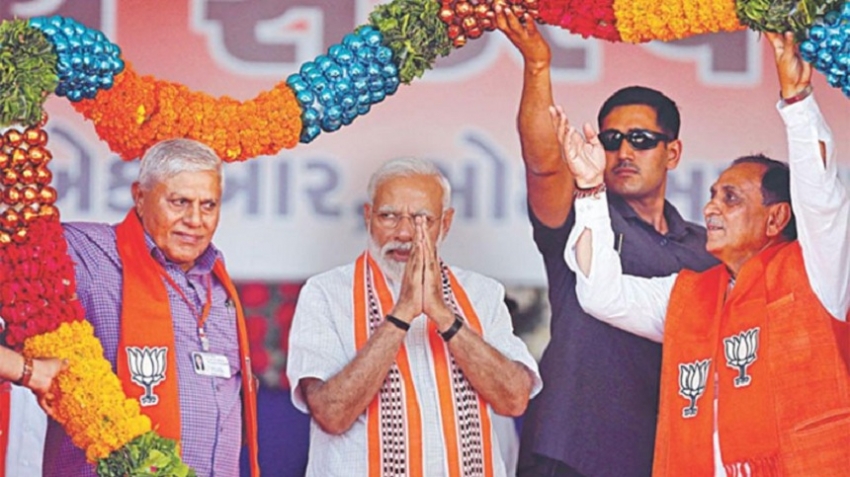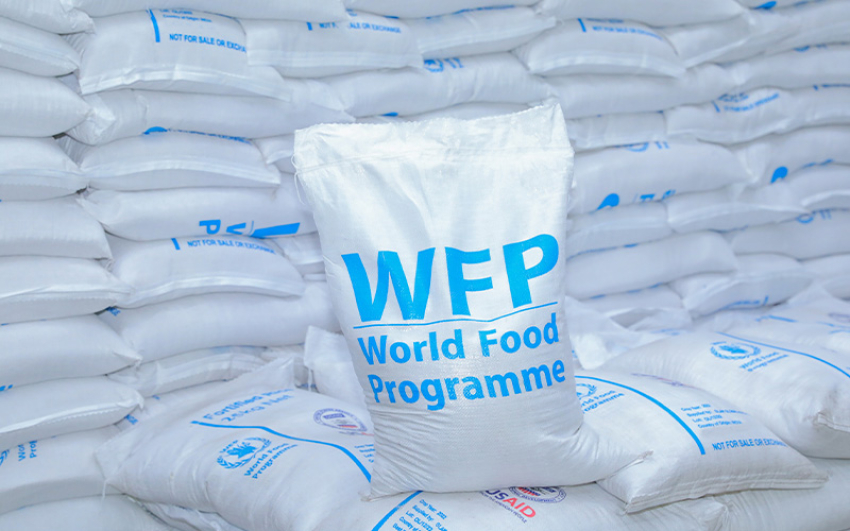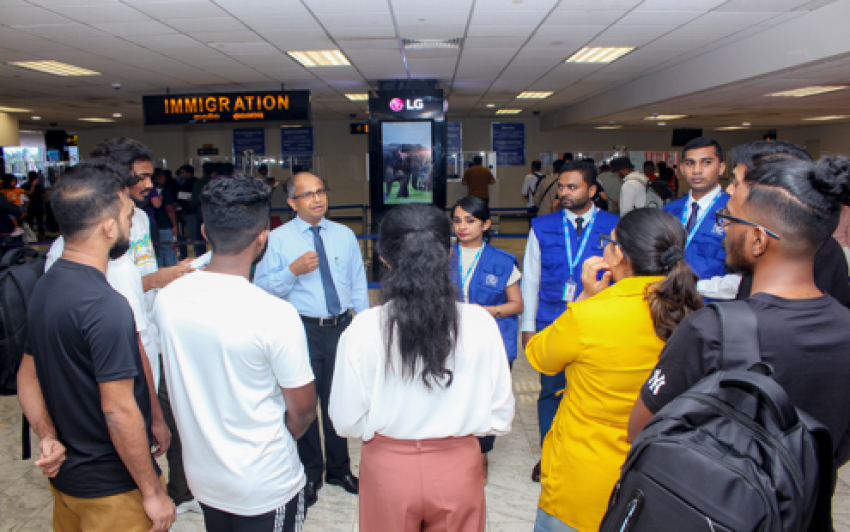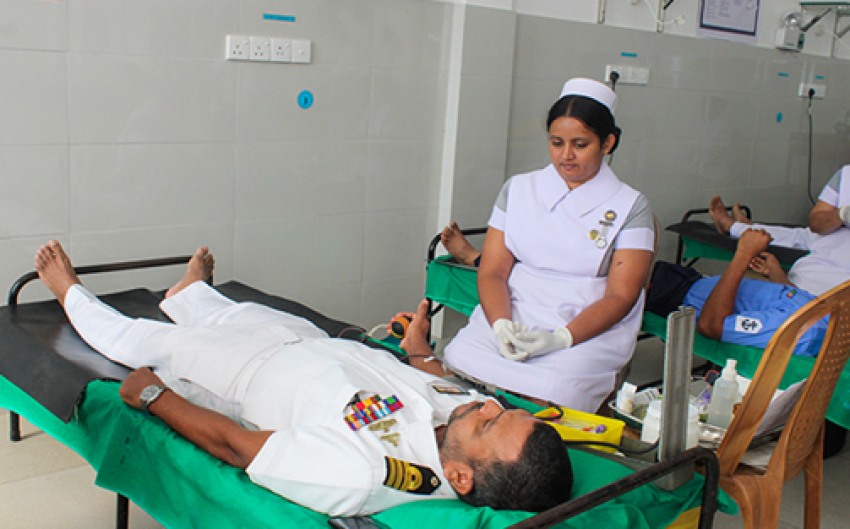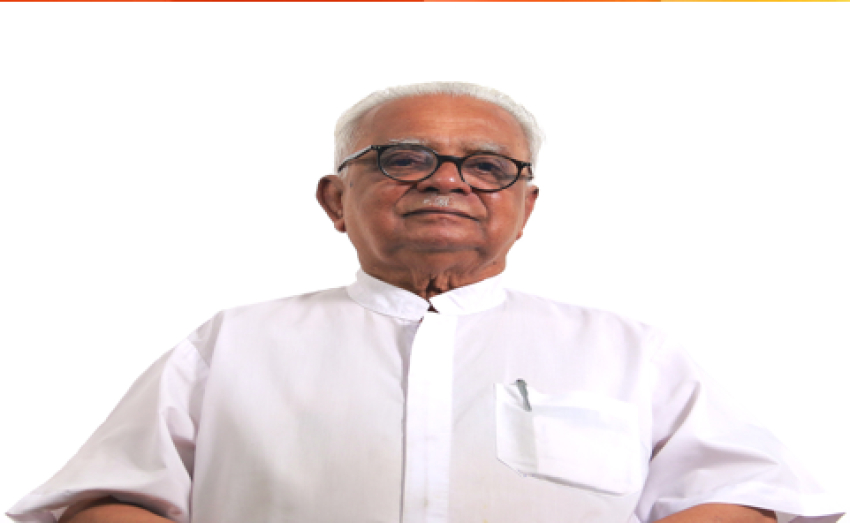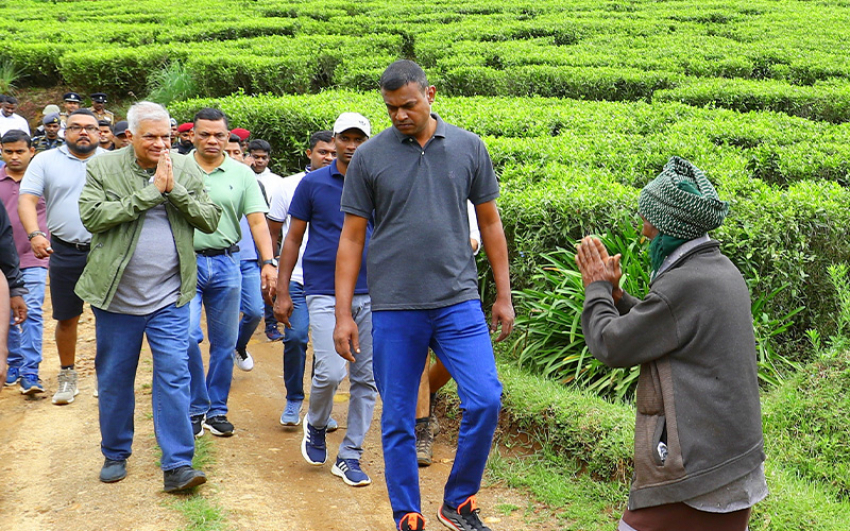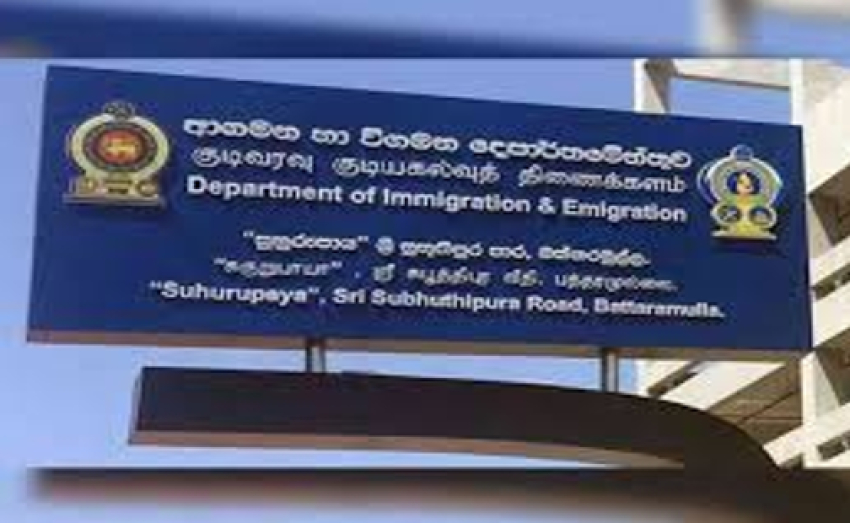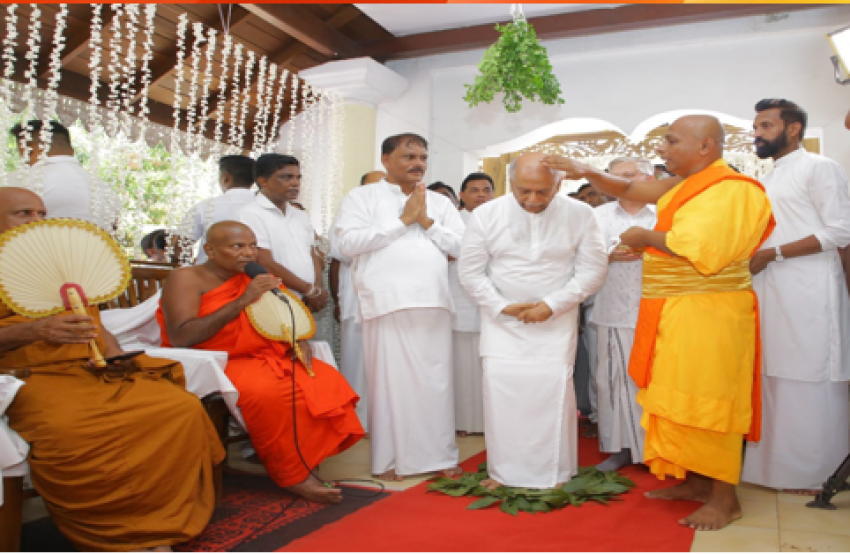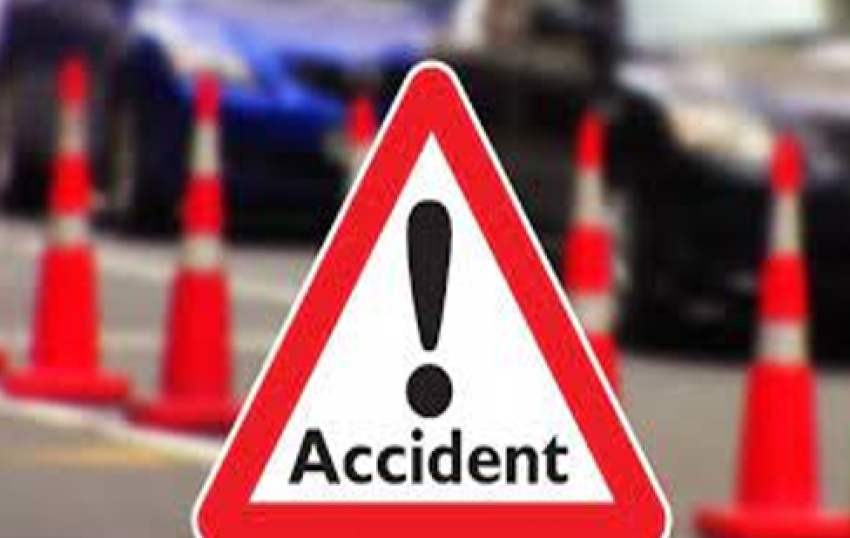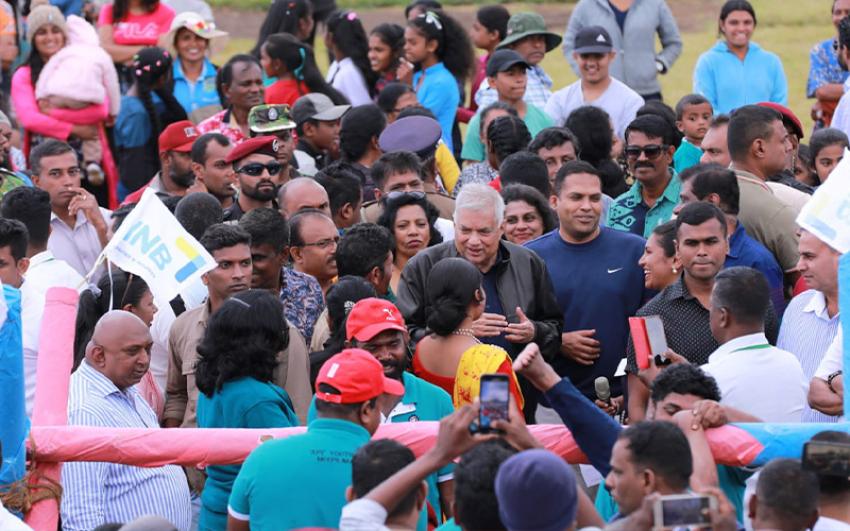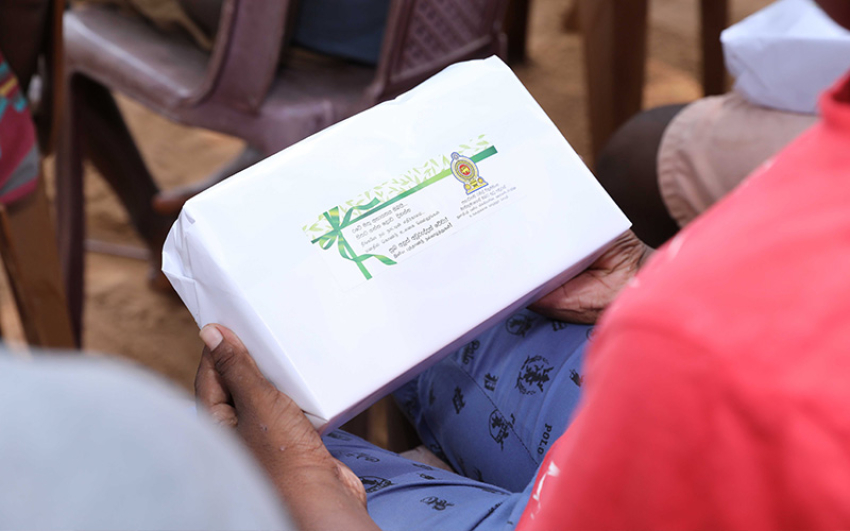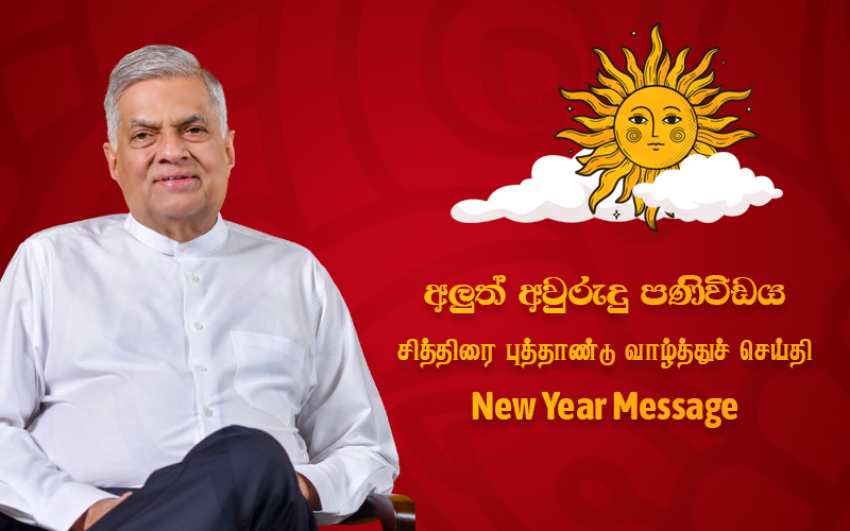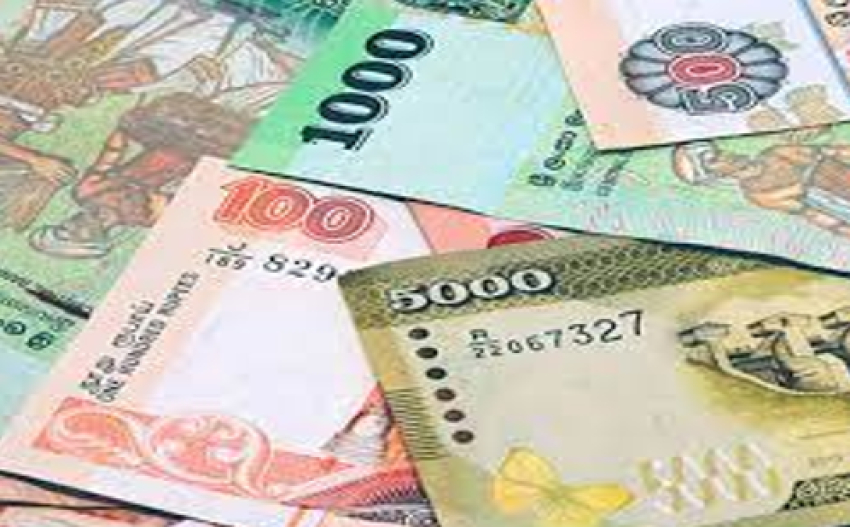1st Phase Lok Sabha Election 2019: Voting is being held in parts of Assam, Bihar, Chhattisgarh, Jammu and Kashmir, Maharashtra, Manipur, Odisha, Tripura, Uttar Pradesh and West Bengal. All India | Edited by Anindita Sanyal |
Key issues in India's massive general election
NEW DELHI (Reuters) - India will hold general elections in seven phases starting from Thursday, with about 900 million voters eligible to participate in the world’s biggest democratic exercise.A polling officer carrying election materials walks towards his vehicle after arriving on a ferryboat in Nimatighat, Jorhat district, in the northeastern Indian state of Assam, India, April 9, 2019. REUTERS/Adnan Abidi
Prime Minister Narendra Modi’s ruling alliance will win a thin majority, opinion polls show, with its focus on national security appearing to trump concerns over jobs and farm prices.Here are the main issues in the election, votes in which will be counted on May 23.
JOBS
With more than half the population of 1.3 billion younger than 25 and millions joining the workforce every year, the lack of jobs created during Modi’s term is a major issue.Better job opportunities are voters’ top priority, a survey of more than 270,000 people by electoral watchdog Association for Democratic Reforms has shown.Unemployment rose to 7.2 percent in February, its highest since September 2016, data from private thinktank the Centre for Monitoring Indian Economy shows.A government report leaked to the Business Standard newspaper said unemployment in the year ending June 2018 rose to 6.1 percent, its highest in at least 45 years.The election manifesto of the main opposition Congress party promised a slew of measures to try and halve unemployment.
MUSCULAR NATIONALISM
Modi’s national security record was spotlighted by an aerial clash with arch foe Pakistan, triggered by a February suicide attack in disputed Kashmir that killed 40 Indian paratroopers and was claimed by an Islamist militant group based in the neighbor. Modi’s Hindu nationalist Bharatiya Janata Party (BJP) says the decision to send warplanes to Pakistan to bomb a purported training camp, in India’s first such aerial strike since 1971, is proof of Modi’s muscular stance against what New Delhi calls Islamabad’s backing for militants. Prime Minister Imran Khan has said no militant group will be allowed to operate from Pakistan’s soil for attacks abroad.But surveys showed the hostilities, through February and March, appear to have boosted Modi’s support among voters.In its manifesto, the BJP also vowed to strip decades-old special rights from the people of Jammu and Kashmir, India’s only Muslim-majority state, prompting warnings of a backlash in the Himalayan region.
FARM DISTRESS
Increasingly tough conditions for millions of poor farmers reeling from rising costs and lower crop prices could influence the election.About half the population works in farming, a vital constituency for any party. More than 80 percent of an estimated 263 million farmers have landholdings smaller than 2 hectares (5 acres).After losing power to Congress in three large farm states in December, the BJP government announced an annual handout of 6,000 rupees ($86.22) to small farmers in its February dget. This week its election manifesto vowed to roll that out to all farmers. Congress, too, has promised help, saying it will expand a jobs program to guarantee rural homes 150 days of work a year.It also pledged annual handouts of 72,000 rupees to India’s poorest families.
RELIGION, CASTE here
Seeking to gain the support of India’s Hindu majority, the BJP, in its manifesto, repeated its commitment to build a Hindu temple in the northern town of Ayodhya at a site disputed by Muslims.A militant Hindu mob tore down a 16th-century mosque there in 1992, sparking riots that killed about 2,000 people in some of the worst such violence since independence from Britain in 1947.India’s rigid Hindu caste system plays a key role in politics, particularly in the north. In Uttar Pradesh, which elects more lawmakers than any other state, for example, two major regional parties have combined their disparate caste-based supporters to forge a formidable opposition against the BJP.The age-old system’s three groups are the upper castes, other backward classes and scheduled castes, further divided into sub-groups and communities.


